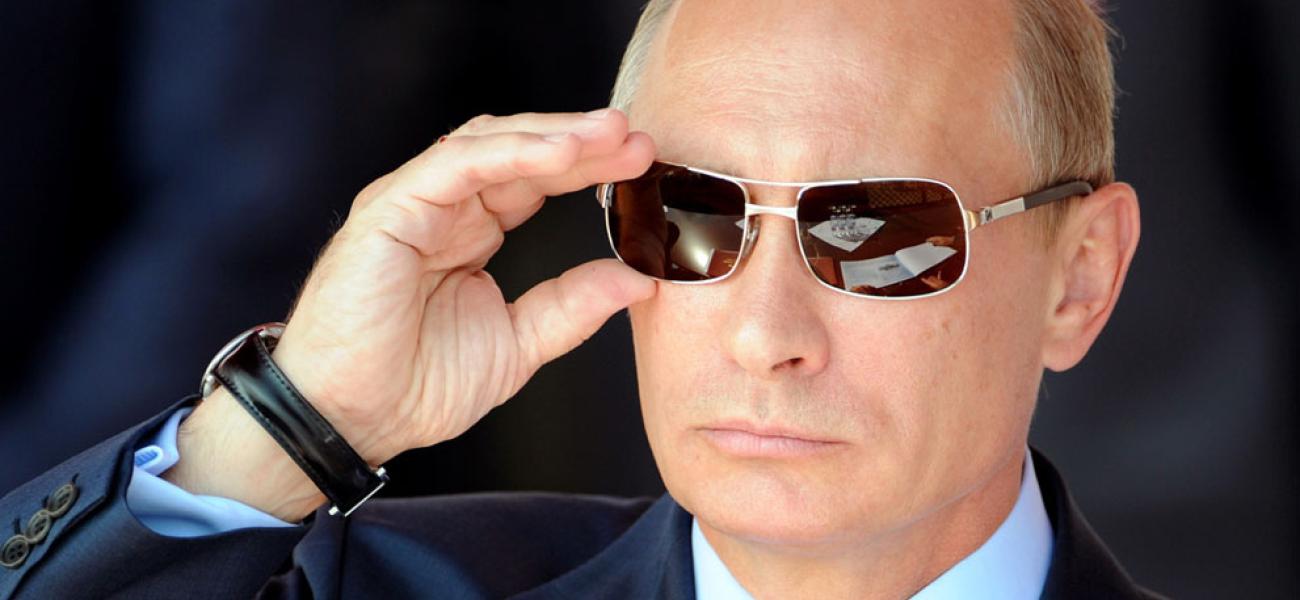
Vladimir Putin Isn’t a Supervillain
This is a summary of an article originally published by Foreign Policy with the subheading: "Russia is neither the global menace, nor dying superpower, of America’s increasingly hysterical fantasies."
The author asks whether the Putin regime is as "threatening and omnipresent" as it is so often depicted. He describes the two opposing camps into which much Western analysis of Russian foreign policy goals usually falls, both of which are prone to exaggeration. As such, neither of these camps helps the West understand or respond to "the reality of Russian ambitions." He calls the first camp the “Putler” camp (a combination of “Putin” and “Hitler”), which sees Russia as a mighty, Cold War-era nemesis. This vision of Russia is one of a totalitarian state "intent on weaponizing ‘absurdity and unreality.’” The second camp is the “Dying Bear” camp, whose adherents dismiss Russia as a threat, citing its stagnation, corruption and decline. For them, Russia’s foreign policy moves are little more than the Kremlin's attempt to use patriotism to distract Russians from a plethora of domestic problems. Dismissive comments by former U.S. President Barak Obama fall into this category. Data, however, shows that the truth lies between these two extremes. The author argues for a U.S. foreign policy toward Russia that is neither confrontational nor marginalizing, but rather aims for "a respectful engagement, recognizing the interconnectedness of Russia’s varied strategic interests, which may conflict with Washington’s own.”
Read the full article at Foreign Policy.
Mark Lawrence Schrad
Mark Lawrence Schrad is a professor of political science at Villanova University.
Photo credit: Flickr photo by Jedimentat44 shared under a CC BY 2.0 license.

